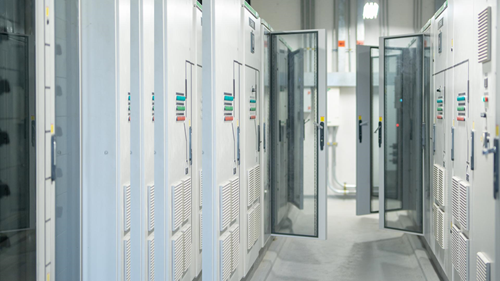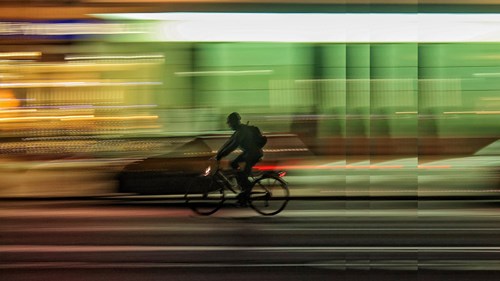German Government Aims to Limit Liability Risks for WiFi Operators
The German Government plans to release a draft legislation to clarify obligations of providers of public WiFi under German law according to media leaks. Compared to many other countries, Germany lags far behind in providing public wireless internet connections. If available, wireless hotspots are usually password-protected and users are often charged by the provider.
Legal uncertainty, most presumably, has led to this shortage of WiFi hotspots compared to other European countries. Providers face serious liability risks since German law, unlike other laws, still holds them responsible for users’ copyright infringement or illegal downloads. Although providers of open WiFi cannot be held responsible for damages they are still liable for interferences if users abuse their wireless networks for infringing acts. As a consequence providers often have to deal with cease-and-desist letters. Also the German Courts have not clarified liability. Last year the Munich Regional Court referred a number of questions to the ECJ asking whether providers of open WiFi networks were exempted from legal responsibility for copyright infringement under the European “mere conduit” exception. The ECJ’s ruling is expected by the end of 2015.
Recognising the growing need for and the economic potential of wireless internet connections the German government agreed to promote the availability of WiFi hotspots in their coalition agreement. In order to provide more legal certainty and to limit liability risks for operators of public WiFi networks the new legislation would amend section 8 of the German Telemedia Act (TMA) that exempts Internet Service Providers from a potential liability under certain requirements. The scope of Sec. 8 would be extended to explicitly include operators of open WiFi networks under the newly introduced paragraph 3. Operators would, however, be obliged to take “reasonable measures” to secure their networks to be exempted from liability. Accordingly, WiFi hotspots would still have to be password protected. Critics fear that this requirement could re-introduce liability through the backdoor. So it remains to be seen whether this legislative attempt will bring more clarity and legal certainty.
Well
informed
Subscribe to our newsletter now to stay up to date on the latest developments.
Subscribe now







